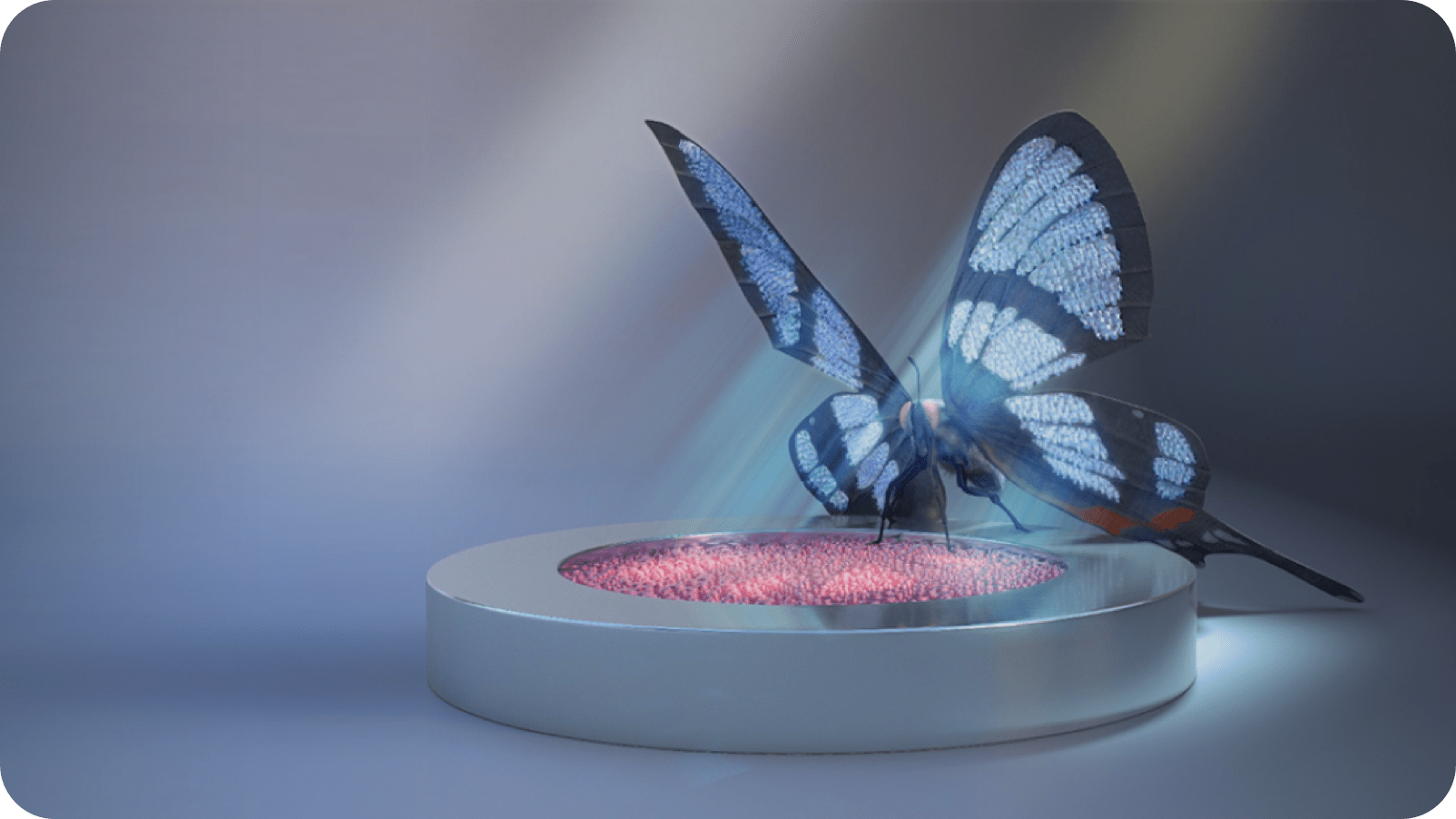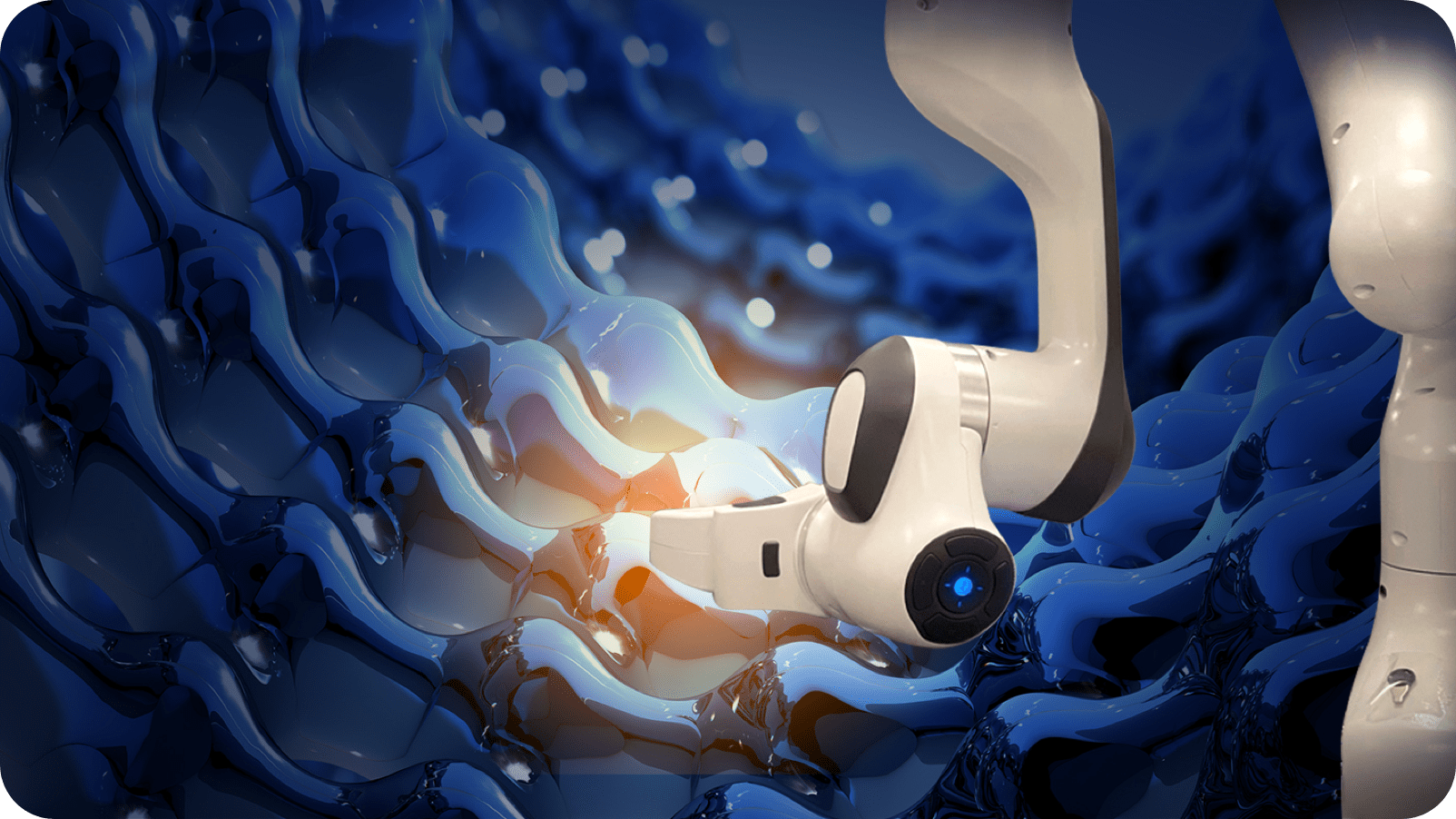The Samsung Advanced Institute of Technology (SAIT), established as an incubator for cutting-edge technologies, is composed of numerous labs and teams located throughout the US and globally. Each location has its own focus and strategy, all the while working together to change the world through creative research.

The Advanced Interconnect Lab (AIL) focuses on building innovative information highway infrastructure to enable data travel at the speed of AI.

AI revolutionizes every industry at an extraordinary pace. As AI models grow exponentially in complexity, traditional electrical interconnects become data transmission bottlenecks, limiting system potential. Our mission is to create cutting-edge optical interconnects to break these limits and advance AI developments. Our innovations span device, circuit, and system levels to address challenges such as complex architectures, high performance requirements, and evolving market needs.
We are cross-functional talents skilled in analog, digital, system, and algorithm designs. Our current focus is electrical IC and optical interconnect system development, collaborating closely with our colleagues at headquarters. By combining our global teams’ expertise in photonic IC and optical system research, we empower engineers to overcome challenges and develop creative solutions through distinctive yet complementary skills.

Leading cutting-edge R&D on a wide array of advanced technologies such as next-generation energy storage, electronic devices, and a high-throughput automated materials design and discovery platform.
We are a team with a wide variety of expertise related to enabling future technologies. Material properties are often the limiting step to enabling new technologies such as advanced batteries, capacitors, and light emitters. Yet the discovery and implementation of new materials has historically proceeded at a glacial pace. To accelerate the transition to next generation technologies, our team combines a strong skillset with deep scientific, technical, and industry expertise including chemistry, computer science, engineering, physics, and more. With multidisciplinary expertise, we accelerate synergy of computation from lab to fab, leading to discoveries and future breakthroughs.
The Architecture Research Lab (ARL) is focused on addressing fundamental issues in CPU design and AI subsystems. There are two teams under the umbrella of ARL- the CPU Core team and the AI-Sys team.

Driving innovation in high-performance CPU research, design, and development to shape the future of microprocessors.
Our mission is to drive the advancement of CPU research and development by designing innovative architectures, pushing the limits of CPU performance and redefining computational efficiency. We are dedicated to developing cutting-edge CPU solutions that address the needs of various modern applications and laying the foundation for future breakthroughs.
We aim to lead the field of CPU design through excellence in all phases of development, from fundamental research to architecture definition and performance modeling to microarchiteture and RTL design. We leverage the power of open-source ecosystems backed by a feature-rich and thriving RISC-V instruction set architecture. We tackle critical challenges such as area and power efficiency, and scalability from the get-go. Our holistic approach ensures that every stage of CPU design contributes to delivering high performance, reliable, and efficient microprocessors.
At the heart of our mission is a commitment to collaboration and talent development. By fostering a multidisciplinary and geo-diverse environment, we empower engineers to explore bold ideas and push the boundaries of what CPUs can achieve. Our team brings unparalleled expertise in CPU design, backed by many years of industry experience in addition to academic research.
Developing the best and most innovative technology for tomorrow's AI systems to create the data center of the future.
The Samsung AI System (AI-Sys) Team is focused on addressing the bottlenecks in memory and communication of AI applications. By taking a holistic, system-level approach to these challenges, the team is enabling the future of data center servers. This team defines a one-rack system consisting of 1,000s of compute, memory, and network components with a full system software stack including communication, AI frameworks, runtimes, libraries, boot management, and system software to run and administrate the machine and applications. The goal is to produce an AI system with industry-leading performance, while showcasing Samsung’s advanced technologies.
The AI-Sys team is comprised of leading experts with a wide breadth of experiences. On the hardware side, the team focuses on memory, power, cores, and accelerators. From the system software side, the team pursues operating systems, control systems, communication, runtimes, and frameworks. From the system engineering perspective, the focus is on designing a rack-scale AI system to help build Samsung's systems development and operations expertise. All of these elements come together in an AI system with industry leading system performance.
Discovering the emerging technology and research trends that bring impactful innovations to life, while building strong collaborations with leading U.S. universities and startups.

The Open Innovation Team is primarily responsible for two key functions - Technology Intelligence and Facilitating External Collaborations:
Our team discovers and analyzes emerging and impactful technologies to shape the future of Samsung. This includes identifying groundbreaking innovations, assessing research trends, evaluating the evolving industry landscape, deriving insightful key messages, and analyzing business models having the potential for growth and development.
We coordinate and manage partnerships with external entities, including universities, startups, and government agencies. By establishing collaborative relationships, we aim to identify and cultivate cutting-edge research opportunities that align with Samsung's strategic goals.
While the Open Innovation Team in the U.S. focuses on North America-based innovations, we are part of a larger organizational framework. The parent group is headquartered in Korea, with several satellite offices strategically positioned around the globe. Our team - the regional branch in the U.S. - plays a significant role in developing SAIT's innovation agenda within North America.

· 2 N Lake Ave, Suite 240, Pasadena, CA 91101
· 3655 North 1st St., San Jose, CA 95134
· 3655 North 1st St., San Jose, CA 95134
· 10 Wilson Road, Suite 150, Cambridge, MA 02138
· 3655 North 1st St., San Jose, CA 95134